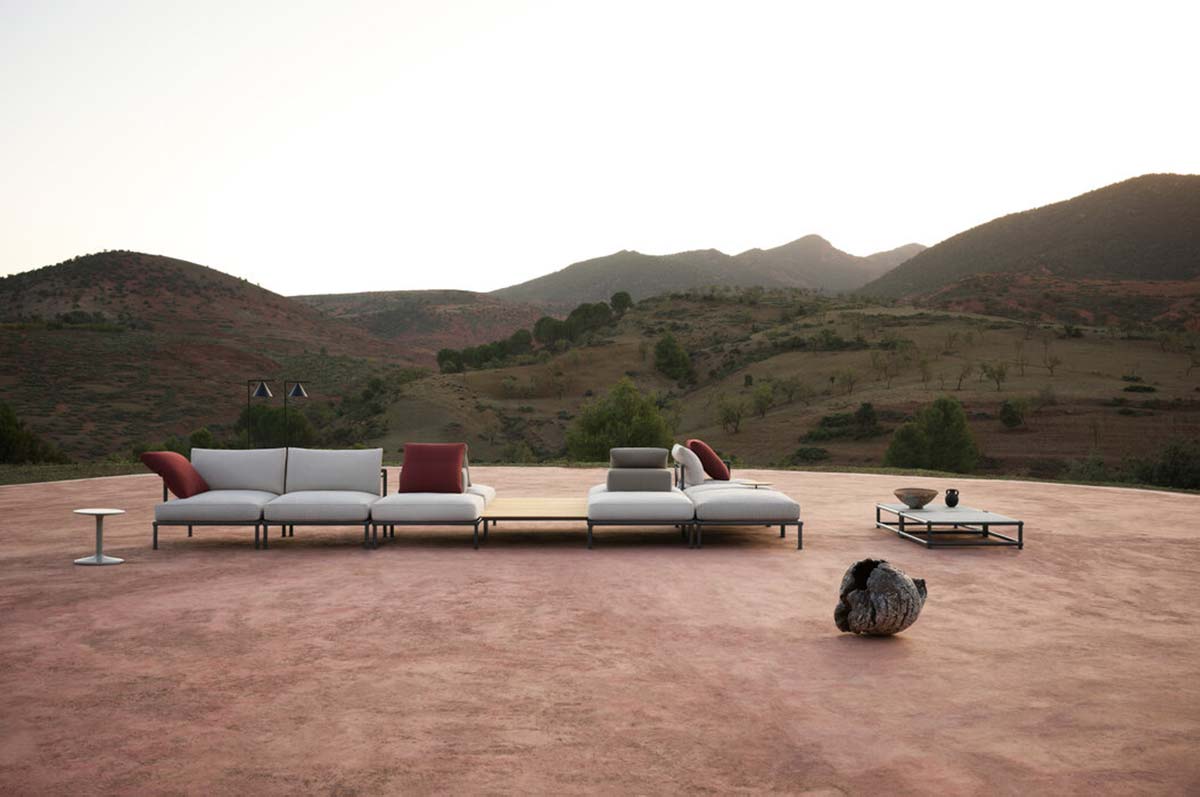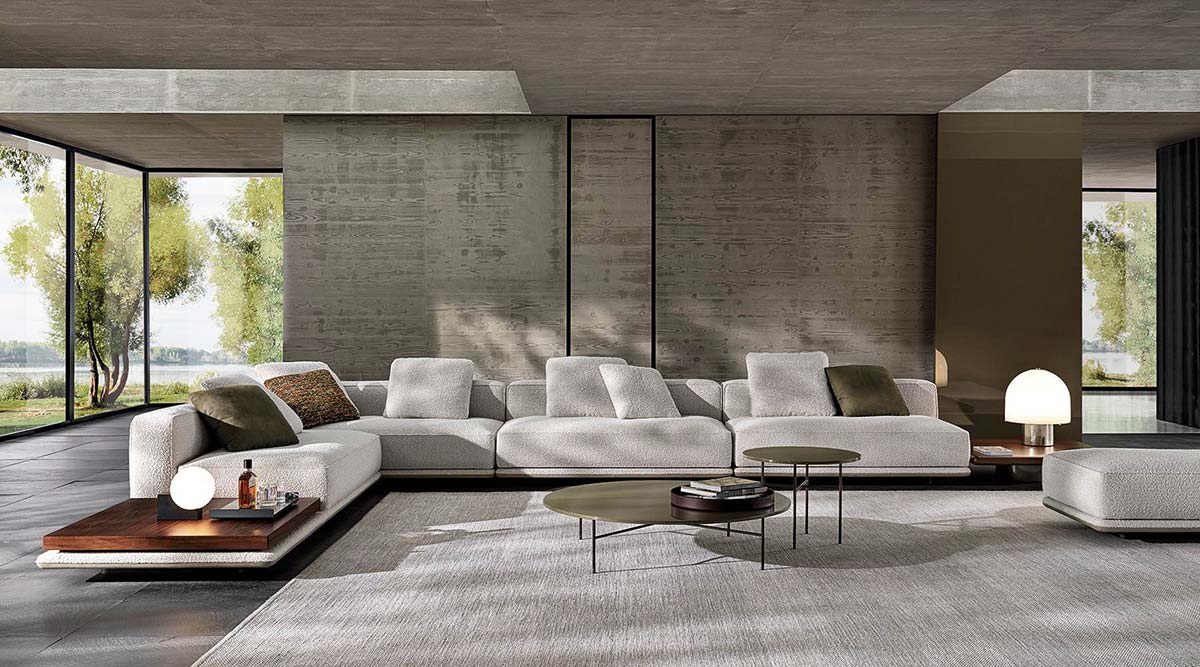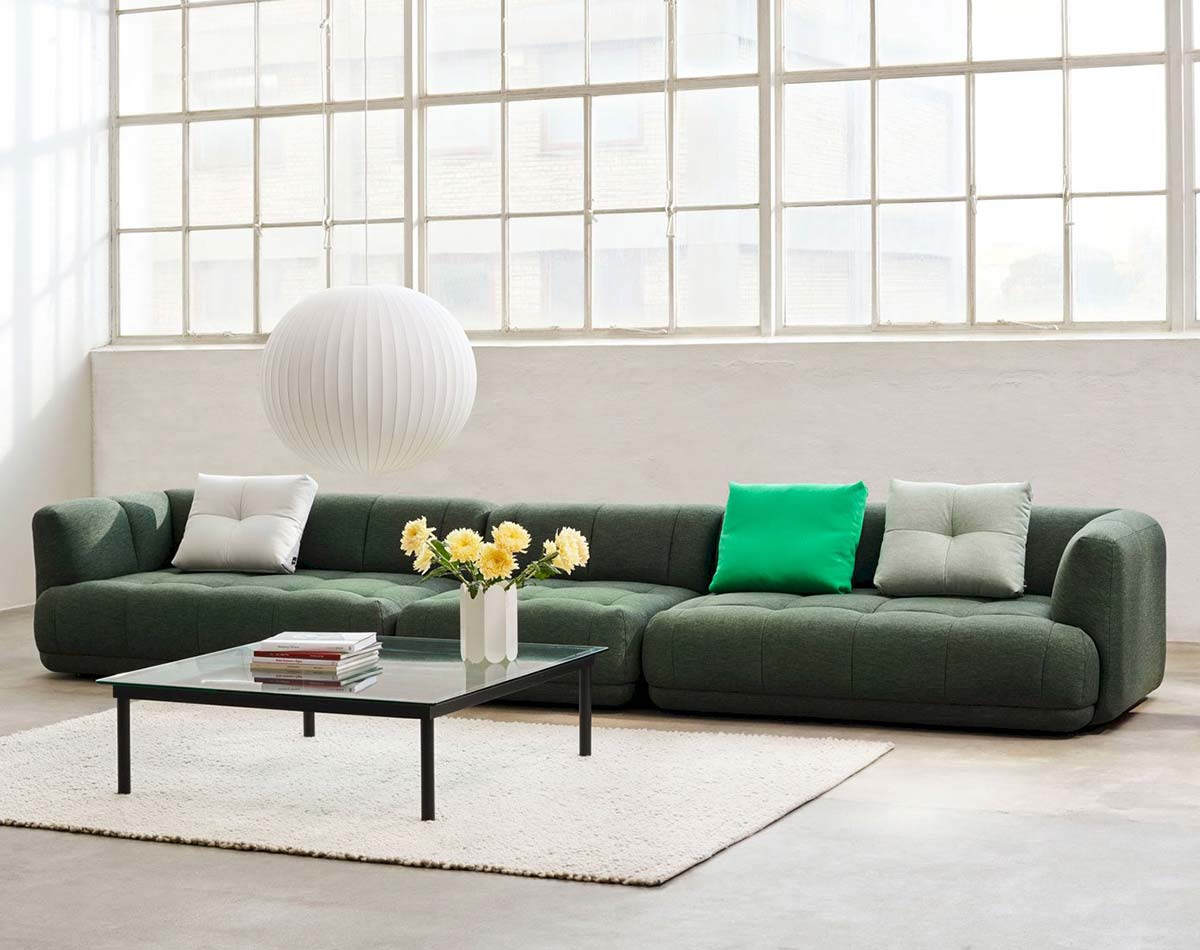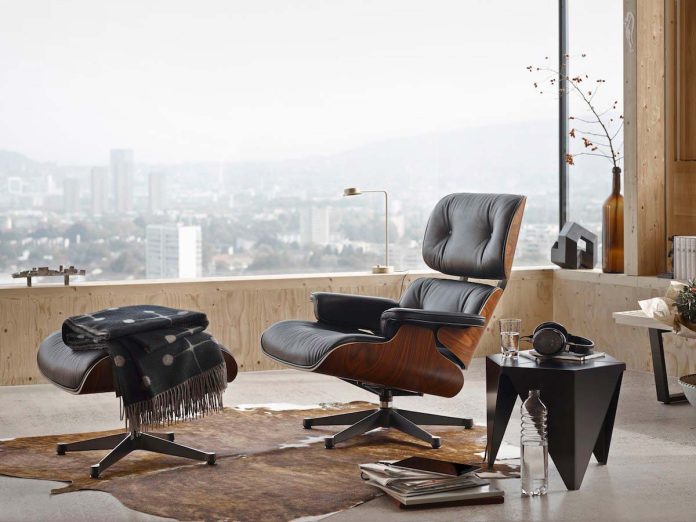In recent months meAAns, with its observatory on design-furniture market relations, has created and tested an indicator that summarizes the degree of activity, and hence of interest, of sector brands in a given time period, combining a series of digital performance variables.
The formulation of this indicator has been an iterative and pondered process, regarding the dimensions to be monitored, the sources required, and the weighting of different factors. One of the uses of this digital thermometer, accompanied by other tools, will be to watch which brands in the sector are gaining attention from stakeholders, especially the specifiers and the end-users.
For us, the daily wager is to accompany brands along a path in which we encourage them to combine their intrinsic creative potential with a solid data-driven market approach.
This furniture design thermometer is a multidimensional indicator that takes multiple factors into account, creating a well-formulated synthesis. Among the dimensions examined, there are the number of visits to the websites of the various brands, the bounce rate (gauging the quality of visits), the average length of visits, but also the followers on social networks, the number of likes and comments, the level of engagement and other variables.

The indicator is constantly monitoring about 500 brands (a number destined to grow throughout 2023). The mathematics, the selection and the weighting of the variables that go into the indicator will be in a phase of constant refinement, with the goal of providing a tool that is increasingly reliable and complete.
For this first appearance, we want to put the focus on the upholstered (soft) furniture industry, from which we have excluded outdoor projects, which will be addressed separately during the course of the year. In the Soft Furniture branch, we are monitoring 110 brands (but this number too is destined to grow).
On a global level, the top step of the podium at the start of 2023 goes to the young Scandinavian company Hay, now owned by Herman Miller. The firm is a clear frontrunner, well ahead of the rest of the pack.
The silver medal belongs to Vitra, while third place is occupied by Minotti. The fourth rung on the ladder is for B&B Italia for its good performance on the social component of the indicator. Close behind comes Cassina, in fifth place.

Both Vitra and Hay, with their wide range of offerings, are also competing in other sector rankings, specifically office/contract and accessories/complements, which we will examine in the weeks to come.
In any case, it is worth noting that the first two companies in this survey are equipped with corporate webshops. This service, a more common presence in the companies of northern Europe, tends to be a multiplier of digital performance, because it boosts the number and average time of visits, while lowering the bounce rate.
Having said this, it should be emphasized that an online store is not the only factor that determines the digital performance of a brand, as can be seen by observing the ad hoc ranking related to the segment of sites with webshops. Besides the above-mentioned Hay and Vitra, the top five also include &Tradition, Gubi and Norr1, at a big distance not only from the first two, but also from other brands not involved in e-commerce.
Where the Italian companies are concerned, the winners’ dais welcomes three historic Brianza-based brands: Minotti, B&B Italia and Cassina. In fourth place we see Poliform with one of the highest levels of social engagement in the sector, followed by Natuzzi Italia, whose presence in this echelon seems to be linked above all to intense website traffic.

meAAns is an observatory on market relations focused on design-furniture, founded in 2022 by Andrea Mamprin and Massimo Marchesin. Together, from 2002 to 2007, they worked together under the guidance of Paolo Feltrin at the institute of socio-political research Tolomeo Studi e Ricerche, and the socio-economic research institute CERSA (Centro Europeo Ricerche e Studi Avanzati). They returned to working together in 2021, with the aim of applying research methods to the design-furniture market.
This market is full of interactions, exchanges and stakeholders, combined in a unique ecosystem. meAAns is actively monitoring this field to capture insights, with the objective of helping companies to understand the market in a more strategic way.







